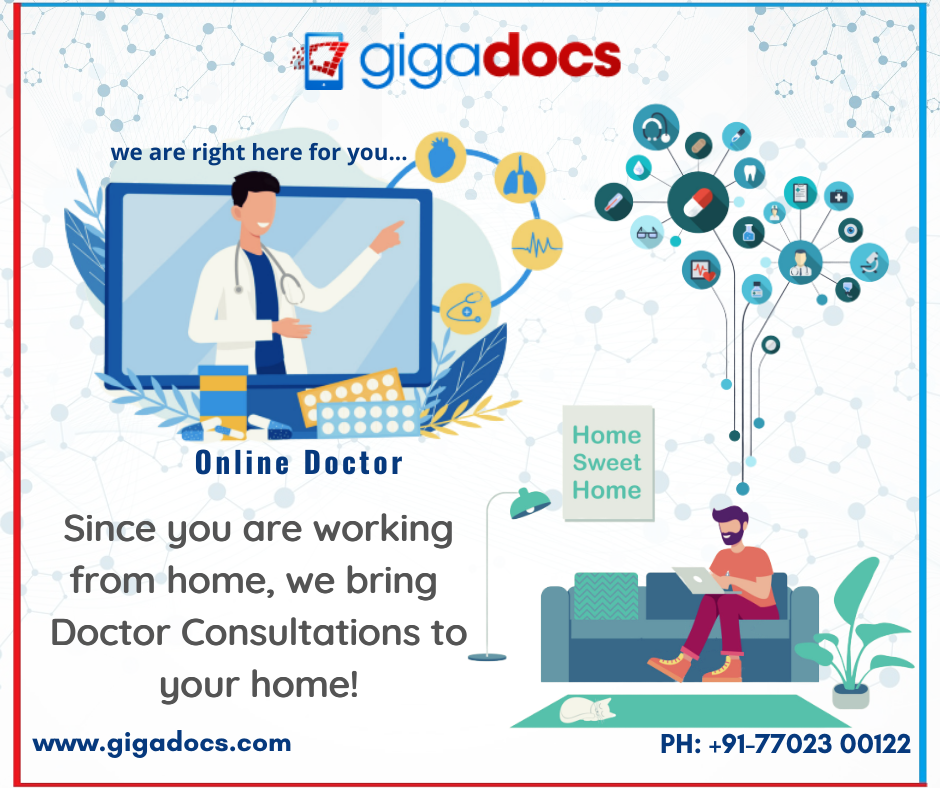Subscription Based Healthcare: Transforming the Means We Consider Health
Subscription Based Healthcare: Transforming the Means We Consider Health
Blog Article
The Rise of Subscription-Based Health Care and Its Effect on Patient Treatment
As health care advances, the subscription-based model is obtaining grip, assuring to change individual care by supplying predictability and ease of access. The capacity for these versions to improve medical care distribution elevates pressing concerns concerning their lasting sustainability and inclusivity. Are these membership solutions the future of health care, or do they take the chance of leaving susceptible populations behind?
Recognizing Membership Health Care Versions
Grasping the idea of subscription healthcare versions entails checking out a transformative method to medical services that emphasizes cost and accessibility. These designs, commonly referred to as straight medical care (DPC) or concierge medicine, have actually become cutting-edge alternatives to typical fee-for-service health care systems. Registration healthcare permits clients to pay a fixed regular monthly or annual fee for a defined collection of medical services, which might include unrestricted workplace visits, routine check-ups, and standard laboratory examinations, without the requirement for standard insurance coverage invoicing.
The framework of registration medical care versions is designed to simplify patient treatment by eliminating third-party payers and complicated billing codes, thereby minimizing management concerns. Healthcare providers can concentrate a lot more on patient treatment, fostering stronger patient-provider partnerships. This design also advertises preventative treatment by urging regular gos to, as the financial challenge of per-visit fees is eliminated.
The subscription version typically encourages doctor to handle smaller patient panels, allowing for more tailored care. It aligns monetary incentives with person health and wellness end results, as companies are inspired to maintain client contentment and well-being. Generally, comprehending membership healthcare versions requires identifying their prospective to reshape just how care is delivered and accessed.
Advantages for Patients and Providers

With a consistent revenue stream, medical care professionals can commit more time to each client, leading to a more extensive and individualized care experience. The emphasis on precautionary care within membership plans can lead to far better person outcomes and lowered lasting health care costs.
Obstacles and Concerns
While subscription-based medical care models present numerous advantages, they likewise come with a collection of obstacles and problems that should be dealt with. This raises honest inquiries concerning equitable accessibility to health care services.
Financial sustainability of subscription-based designs is one more concern. Providers must balance the set earnings from registrations with the variable prices of healthcare solutions, which might change as a result of unforeseen clinical requirements. This can produce stress to restrict solutions or boost charges, possibly impacting individual contentment and care high quality.
Moreover, governing oversight of subscription-based healthcare designs is still progressing. The absence of standard frameworks can bring about irregular solution high quality and accountability, making complex initiatives to make certain individual security. The combination of modern technology-- usually a foundation of these designs-- elevates questions about information personal privacy and safety, as sensitive patient details can be vulnerable to breaches. Dealing with these difficulties is important for the equitable and effective execution of subscription-based medical care.
Effect On Patient-Doctor Relationships
One substantial influence of subscription-based medical care versions on patient-doctor partnerships is the possibility for boosted connection and individualized care. By embracing a membership design, doctors can handle a smaller patient panel, allowing for more committed time with each person. This raised accessibility promotes a much deeper understanding of an individual's clinical history, way of living, and choices, allowing much more tailored therapy strategies and treatments.

Nevertheless, it is necessary to recognize that while subscription-based versions may profit those who can afford them, they can unintentionally broaden healthcare disparities. Individuals that are incapable to join these designs might experience lower access to individualized care, possibly affecting their relationships with health care companies. Thus, while the registration model supplies promising advantages for patient-doctor partnerships, it likewise postures obstacles that require to be addressed to make certain equitable health care access.
Future of Health Care Accessibility

The function of modern technology can not be overlooked in this change. Telemedicine platforms and electronic health and wellness records help with seamless communication between clients and health care providers, damaging down geographical and logistical obstacles. In addition, innovations in artificial knowledge and information analytics can additionally customize medical see page treatment by forecasting person needs and maximizing therapy strategies.
Nevertheless, the future of health care access also offers obstacles, such as making certain equity throughout different socio-economic groups. Policymakers and medical care providers have to collaborate to bridge the electronic divide, making sure that subscription-based designs remain comprehensive and economical. As these systems grow, they hold the assurance of making healthcare more obtainable, effective, and patient-centric.
Conclusion
Subscription-based medical care versions are reshaping patient care by offering a steady expense framework and improving access. home The surge of subscription-based medical care encourages proactive patient interaction, which has the prospective to boost person end results and satisfaction, signaling a transformative shift in healthcare distribution.
As medical care evolves, the subscription-based model is gaining grip, assuring to change person treatment by using predictability and availability.Subscription-based health care designs provide distinct benefits for both companies and clients, enhancing the total health care experience.As health care systems evolve, the future of healthcare access regularly pivots on the combination of ingenious models and innovations.Subscription-based medical care versions are improving patient care by providing a secure expense structure and boosting availability. The increase of subscription-based medical care urges aggressive client engagement, which has the prospective to improve person results and complete satisfaction, signifying a transformative shift in medical care shipment.
Report this page